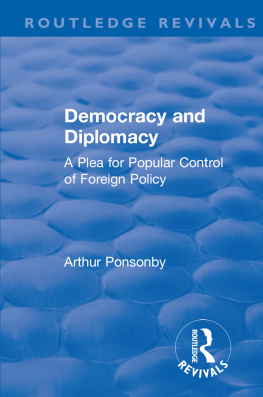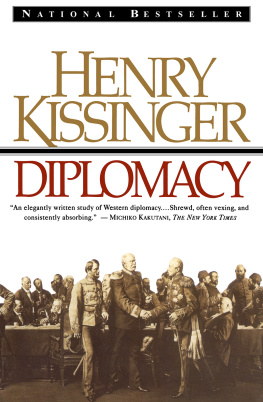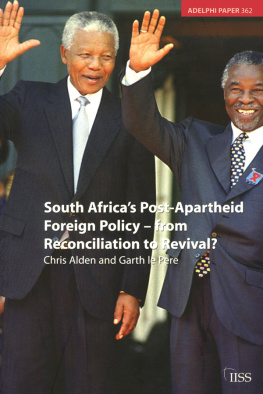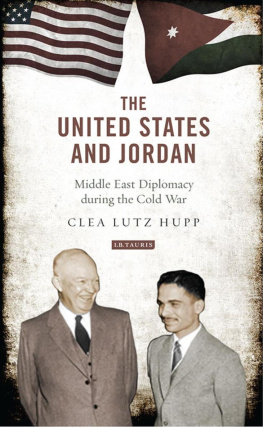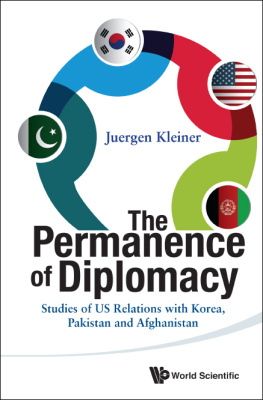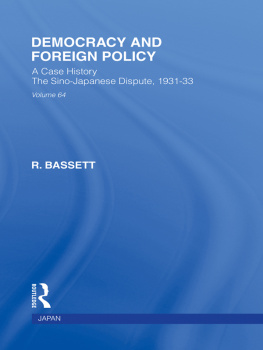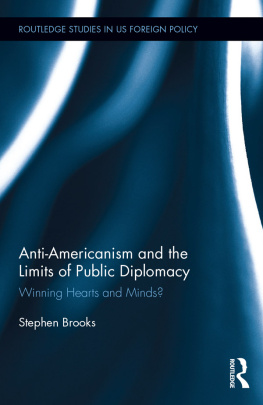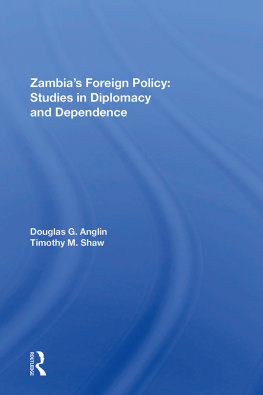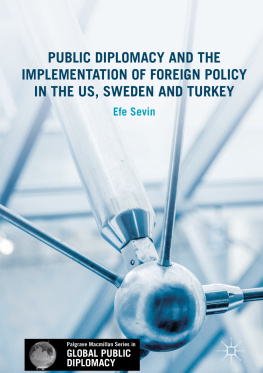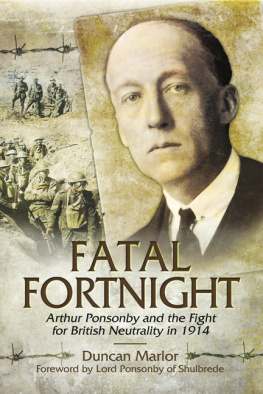First published in 1915 by Methuen & Co. Ltd.
This edition first published in 2018 by Routledge
2 Park Square, Milton Park, Abingdon, Oxon, OX14 4RN
and by Routledge
711 Third Avenue, New York, NY 10017
Routledge is an imprint of the Taylor & Francis Group, an informa business
1915 Taylor & Francis
All rights reserved. No part of this book may be reprinted or reproduced or utilised in any form or by any electronic, mechanical, or other means, now known or hereafter invented, including photocopying and recording, or in any information storage or retrieval system, without permission in writing from the publishers.
Publishers Note
The publisher has gone to great lengths to ensure the quality of this reprint but points out that some imperfections in the original copies may be apparent.
Disclaimer
The publisher has made every effort to trace copyright holders and welcomes correspondence from those they have been unable to contact.
A Library of Congress record exists under ISBN: 16008582
ISBN 13: 978-1-138-55580-8 (hbk)
ISBN 13: 978-1-138-56585-2 (pbk)
ISBN 13: 978-1-315-12317-2 (ebk)
DEMOCRACY AND DIPLOMACY
By the same Author
THE CAMEL AND THE NEEDLES EYE
The Manchester Guardian says:In this little book, which ought to be in the hands of every clergyman and teacher, Mr. Ponsonby shows the degrading and dehumanizing influences which are exerted by the possession of properties upon their owners and upon society. What especially distinguishes Mr. Ponsonbys treatment is that it bears on every page testimony to thought literally wrung out of concrete experience.
________
THE DECLINE OF ARISTOCRACY
If members of the rich and ennobled classes could be induced to read his homily, they would learn something to their advantage. It is a timely and useful book. Its analysis of causes is just and searching. We should like especially to see this book in the hands of public-school masters and University teachers.Westminster Gazette.
DEMOCRACY AND DIPLOMACY
A PLEA FOR POPULAR CONTROL OF FOREIGN POLICY
BY
ARTHUR PONSONBY, M.P.
F OR some years past I have been specially struck by the divergent methods adopted in the management of home affairs and in the management of foreign affairs. I have been convinced that in the national interests, as well as in the interests of peace, the democratic principle should be adopted in both. I have delivered addresses and written pamphlets on the subject, and, in times when foreign questions have occupied public attention to an unusual degree, I have received encouragement and support for the views I hold. Unfortunately, during the intervening periods of calm, when social and internal problems monopolize the political arena, people are apt to forget altogether the importance of our international relations. They receive no information, they have no incentive to study the subject, and they are content to remain ignorant until an alarm or scare occurs to remind them of the supreme importance of this branch of public affairs.
The great crisis in which we now find ourselves will have the effect of making foreign affairs the centre of national interest for many years to comelong enough, I trust, for the people to insist on altering a system which has broken down and proved itself an absolute failure.
This book is only a preliminary study of the question of democratic control, which, I am glad to say, is now being eagerly discussed in all parts of the country. I sincerely hope the publication of this volume may lead men in authority, who can exercise far more influence than I can, to give this problem the serious consideration to which it is entitled.
I desire to acknowledge with gratitude the assistance given to me by Mr. J. A. Hobson, who read through the manuscript and made several valuable suggestions, and I am also indebted to Mr. Seymour Cocks for his help in correcting the proofs. I have received the sanction of the Controller of His Majestys Stationery Office for reprinting the extracts from the official papers which appear in the Appendixes.
A. P.
SHULBREDE PRIORY
SUSSEX
March 1915
CONTENTS
Opportunity afforded by war for reconstructionPresent generation must set to work without delayThings must not be allowed to settle down of themselvesCareful preparation is necessarySomething more wanted than the voice of statesmen and the intercourse of diplomatistsCan the people help?How can they help?The failure of diplomacyNo attempt made to ascertain the opinion of the peopleNecessity of understanding how foreign intercourse is carried onWar not inevitableCauses and results of warImportance of the principle of democratic control in all countriesThis country can take the initiativeMaintenance of peace the avowed objectInability of statesmen to preserve good relationsNature of the peoples influenceExisting facilities for criticizing policy inadequateImportance of Foreign affairsNecessity for the study of practical proposals
Secrecy of Governments and ignorance of the governedOpinions from all sides on subject of democratic controlJohn BrightW. BagehotViscount Bryce in The American CommonwealthProfessor Sidgwick in The Elements of PoliticsLord Courtney in The Working Constitution of the United KingdomLord RoseberyMr. Austen ChamberlainThe Bishop of OxfordMr. G. Lowes DickinsonMr. Arnold BennettThe TimesThe Manchester GuardianThe StandardWar and DemocracyThe Morrow of the War
Two classes of objectorsThose who distrust DemocracyStruggle between aristocratic government and popular governmentAdvance of Democracy since first Reform BillArguments brought forward against control in Foreign affairs the same as those brought forward against control in Home affairsSecond class of objectors while believing in Democracy consider it dangerous to allow control in Foreign affairsTheir argumentsThey believe what diplomatists and officials want them to believeThe occasional revelation of startling incidents would influence public opinionDisclosure of details of negotiations not asked for or desiredOpen diplomacy and secret diplomacyThe Spectators perversion of the argumentExecutive must have control of negotiationsForeign Secretary not asked to place his cards on the tableFuller information wantedMoods of the peopleOpinion of PacifistsThe rousing of combative instincts-Information the preliminary to controlInfluence of the PressThe Governments conception of a StateDifferent from the peoplesNational moralityUndesirable forces in public lifePeople alone can combat them
Broad considerations with regard to practical meansParliament the only instrumentCan a deliberative assembly exercise functions of an executive?Ignorance of House of CommonsAcquiescence of Opposition in Government policyHouse of Commons not fully representative, but national safety-valveDemocracy not so advanced as supposedHouse of Commons and the caucusMethods of influencing the GovernmentKnowledge makes people a forceNo pretence of Democratic government in Foreign affairsBurden of work in the House likely to be relieved in the near futureAttitude of the DominionsThe Committee of Imperial DefenceThe disclosure of secretsThe consequences of open dealingThe abandonment of the policy of groups and balanceNational commitments and obligations should be made known



